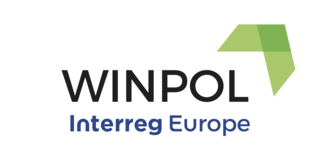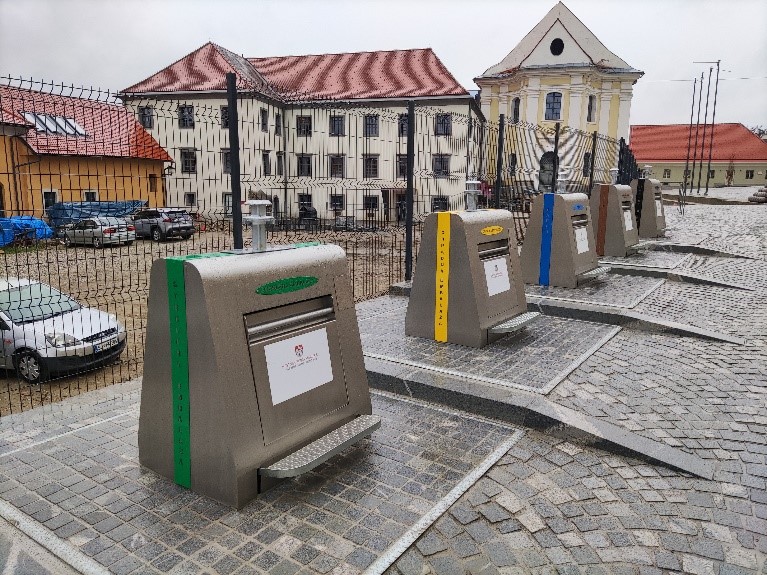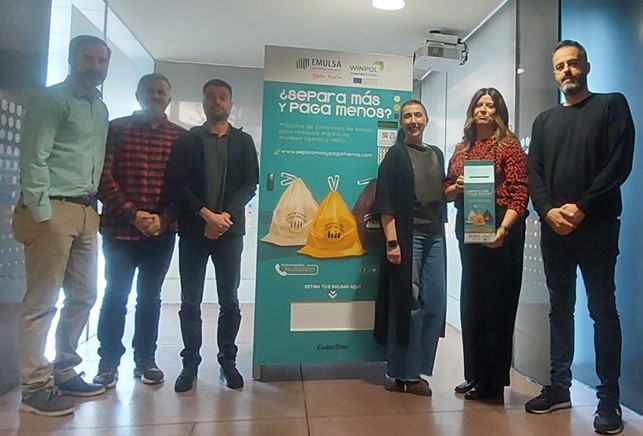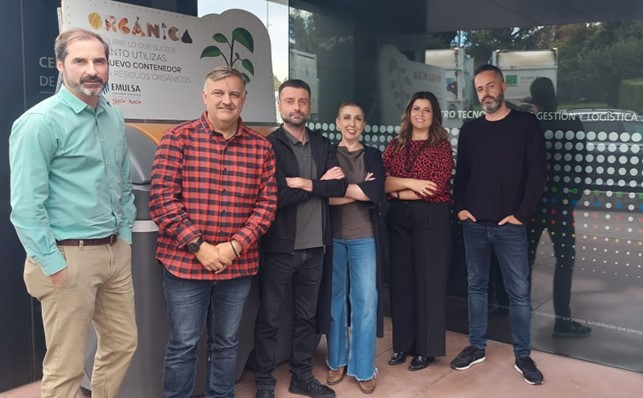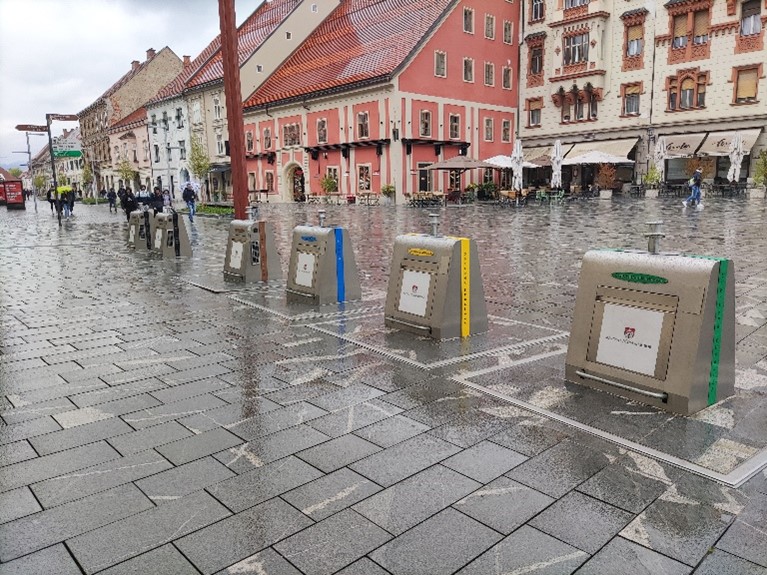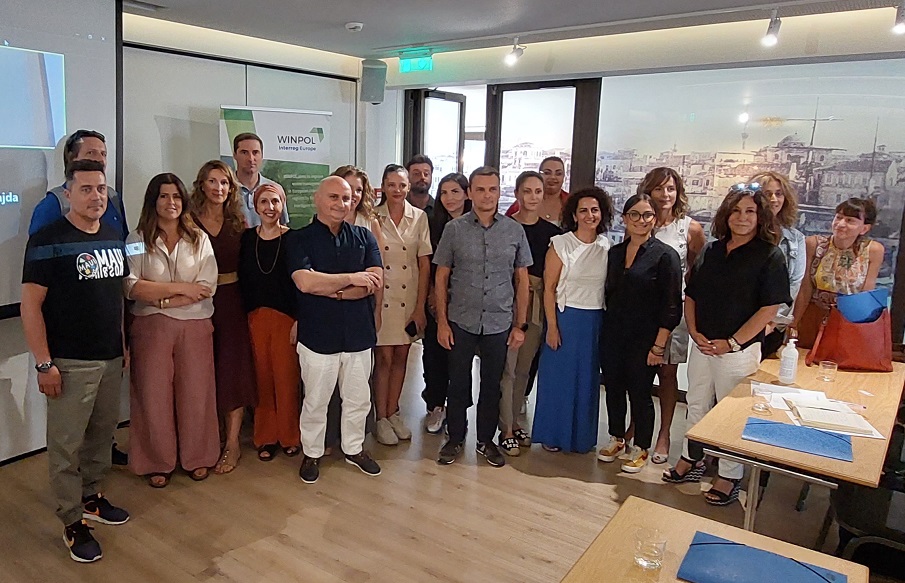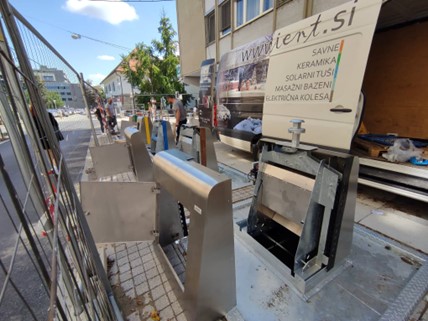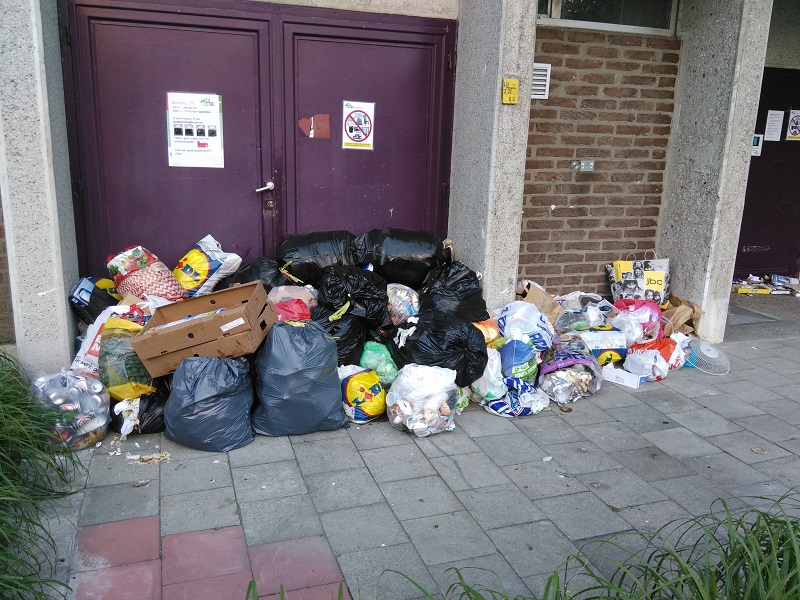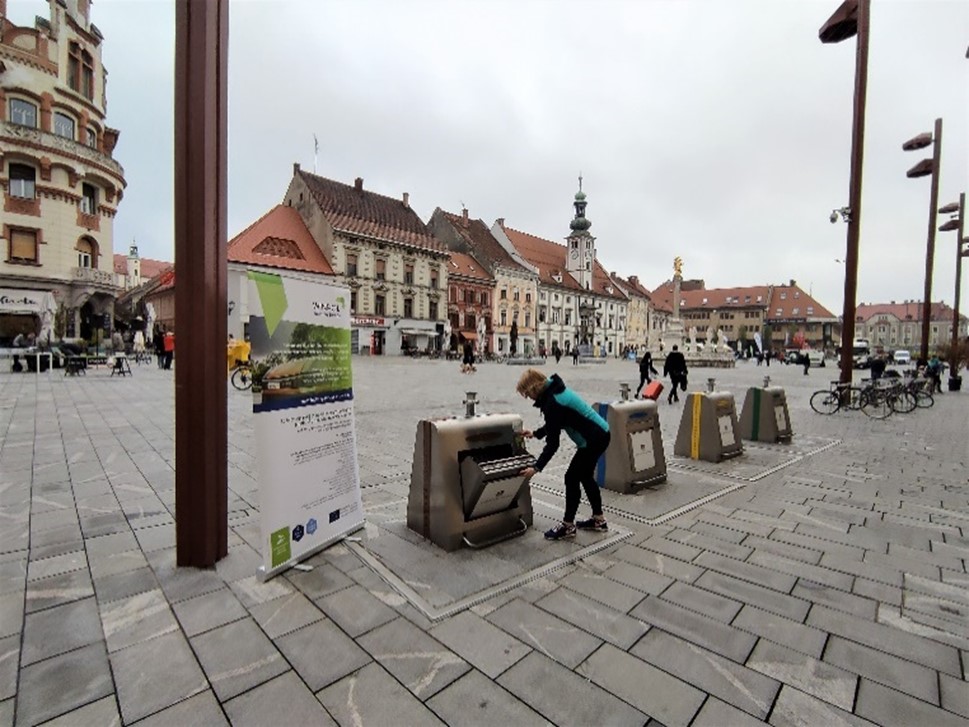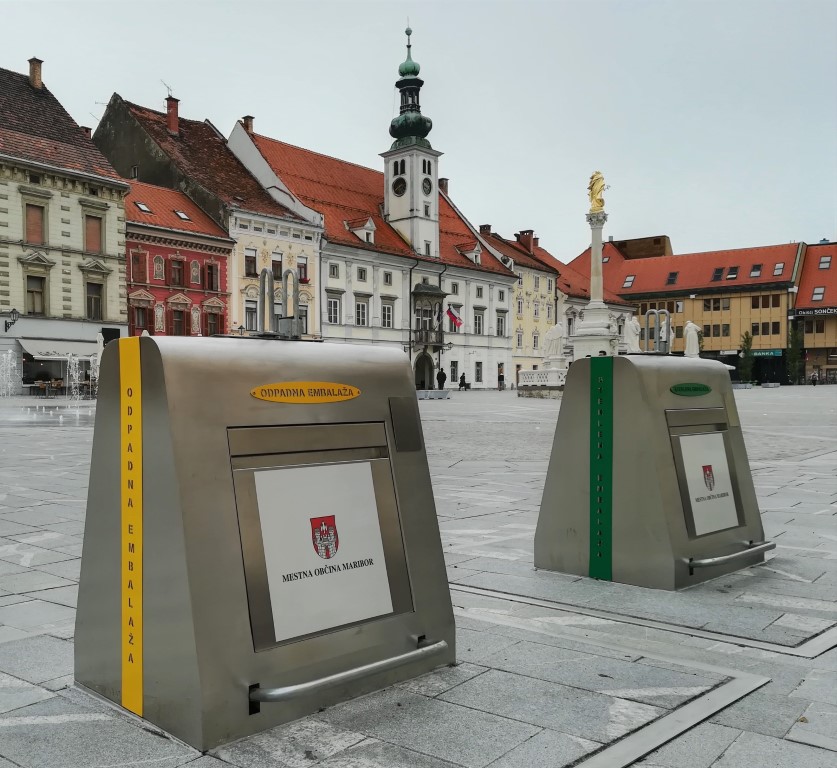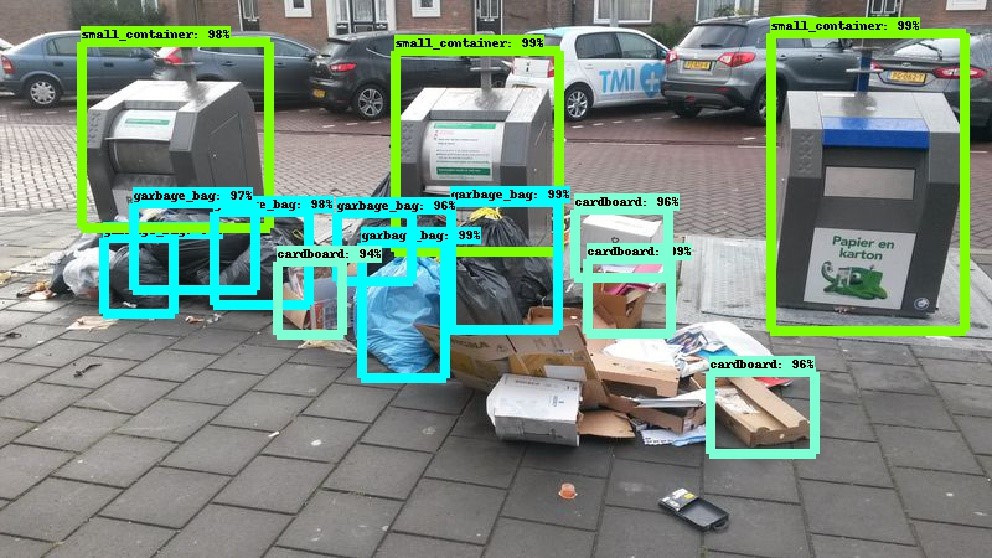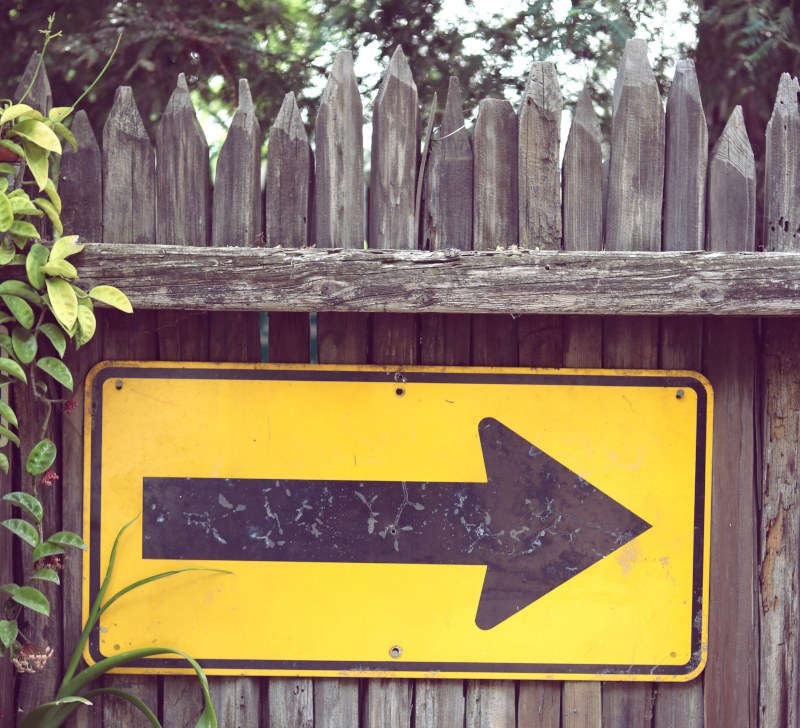Malta is focusing on developing a number of strategic documents and management plans that will provide the necessary national focus for environmental matters with the view of safeguarding the environment for a more sustainable quality of life. A joint collaboration between Environment and Resources Authority (ERA) and three key stakeholders in Malta will assist the nation in taking on a more holistic approach in its fight against marine litter and its effects on the marine eco systems. It will:
- tackle both land-based and sea-based activities that pollute the Maltese waters;
- help monitor marine litter more effectively to identify the main items found at sea; and
- assist in improving waste management policies through better management procedures and practices nationwide.
Action: Floating debris interception devices at sea (sea bins) and related waste monitoring activities
The action is split into three sub-actions:
- Maintaining current floating debris interception devices at sea (Seabins);
- Data Gathering and Waste Characterisation Exercise;
- Installing a new Seabin in a Natura 2000 site.
Seabins are specific devices installed in catchment areas of ports and harbours where debris naturally collects due to the flow of water in the area. They suck in the water from the surface, which passes through a catch bag inside the Seabin. The water is then pumped back into the sea, leaving litter and debris trapped in the catch bag. Each Seabin filters around 25,000L/h (or around 219 million L/ year per bin) of water and captures plastics and fibres up to 2mm in size, all the way up to jerrycans and large 2L plastic bottles.
Thanks to this action the Seabins already installed will be kept and maintained while further catering for the continuation and growing of the project and related services.
In parallel, an analysis report will be compiled with images from all active Seabin units, including weights, size and an approximate count of all items found. All types of marine litter with be taken into account, however, special focus will be given to litter items that are considered as single-use plastics, including (amongst others): plastic food wrappers, lids, straws, bags, bottles, cigarette buds and utensils. The results will be eventually shared with the public, to be more transparent and lead to better decision making in Malta’s fight against Marine litter.
In its final action, ERA will also be funding the installation of a new Seabin in a Natura 2000 site. This will help the Authority and the relevant stakeholders to take a positive action against dumping of domestic waste, litter, and other refuse into Natura 2000 sites around the Maltese Islands. The stakeholders will also monitor the type of waste being captured by the unit to guide measures aimed to increase awareness of Natura 2000 amongst the general public and stakeholders.
Further information will be issued soon.
Implementation time frame: started in 2018 - ongoing
Inspired by:
Sharing data on waste and resources with the public (NL) and the study visit to Antwerp (BE)
